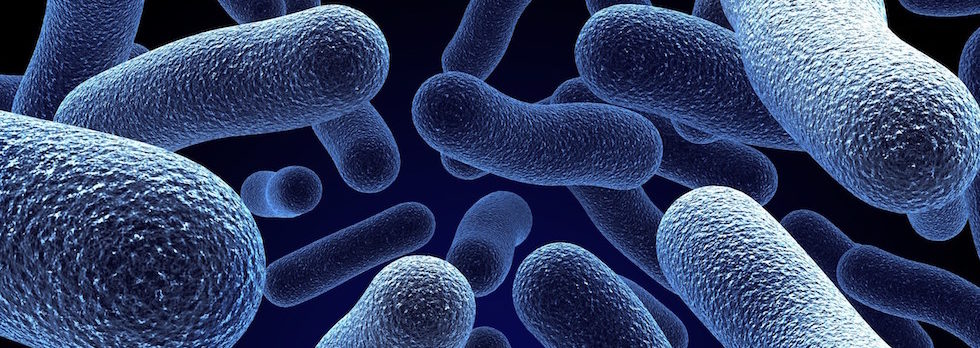Your digestive tract is a delicately balanced, sustainable micro-environment. Its massive population of microbes usually goes about its daily business and all’s well. But when that balance is upset – well, it’s a jungle in there!
As in any community of living organisms, the bugs of the digestive system react when their territories are threatened. Your small intestine is one of those territories. It’s inhabited by colonies of bacteria, and sometimes for various reasons, there are just too many, or the wrong kind, in the wrong place. A combination of these means you could experience SIBO (Small Intestinal Bacterial Overgrowth)
What causes SIBO?
Occasionally the small intestine experiences a population explosion.
A common reason for bacterial overgrowth would be a typical western diet, which is high in simple carbohydrates and starches, such as sugar, bread, pasta and pastries. Eating too many of these types of foods favours the proliferation of pathogenic microbes in the intestines, while starving the beneficial microbes. The ‘bad bacteria’ flourish and multiply in this environment, leading to an inflamed intestinal wall, which creates a whole host of problems.
Stress is a common factor in many causes of SIBO.
It reduces the level of stomach acid, which affects the digestion and absorption of nutrients. It also slows down gut motility, causes inflammation and weakens the immune system. All of these can lead to bacterial overgrowth.
Then there’s the possibility of invasion.
Bacteria that belong in the small intestine’s close and much more densely populated neighbour, the large intestine, sometimes cross the boundaries and cause SIBO.
There are many reasons this might happen:
- The ileocecal valve, which normally prevents material moving from the large intestine, back to the small intestine, might be malformed or damaged.
- Previous infections, such as gastroenteritis, can lead to bacterial invasion.
- A baby’s gut might be initially colonised by ‘bad bacteria’ during a C-section birth, or if the baby is not breastfed.
Medications can also cause problems.
Some antibiotics, for example, can kill ‘good bacteria’ and upset the balance in the digestive tract. Long term use of medications used for heartburn (such as Proton Pump Inhibitors) can actually increase the risk of SIBO by 53%.
What are the effects of SIBO?
SIBO can cause abdominal pain and bloating, flatulence, reflux, nausea, constipation or diarrhoea. It is strongly associated with Irritable Bowel Syndrome (IBS); 80% of people with IBS have SIBO.
When pathogenic bacteria dominate the gut, it causes inflammation. The intestinal cell lining can separate, allowing pathogens and undigested proteins and bacteria to enter the bloodstream. This is known as increased intestinal permeability (‘leaky gut’), which creates problems for the absorption mechanisms in the small intestine and sets up the potential for immune disorders.
Leaky gut can cause food allergies and sensitivities, skin disorders such as acne and rosacea, and generalised inflammation. SIBO has been linked with autoimmune disorders like diabetes, hypothyroidism, multiple sclerosis and coeliac disease, and is also seen in obese individuals.
Nutrient deficiencies such as low iron, B12, calcium, zinc and fat soluble vitamins (A, D & E) are common in people with SIBO. Deficiencies can lead to fatigue, anaemia, weight loss, as well as mood and behavioural disorders like anxiety, depression, ADHD and autism.
Treatment for SIBO
If your health practitioner suspects you have SIBO, a lactulose and glucose breath test will be recommended to assess whether bacteria ferment and produce hydrogen and/or methane gases. Depending on the severity of the findings, you might be advised to take antimicrobial agents to remove the bad bacteria, and use other supportive therapies.
You might also be advised to make dietary changes – to ease symptoms, prevent further bacterial overgrowth and restore the health and wellbeing of your digestive system.
Arrange to speak with a naturopath/nutritionist, who will explain in more detail what causes SIBO and how it affects your digestive health.
If you have any concerns, it’s important you speak with a qualified practitioner



